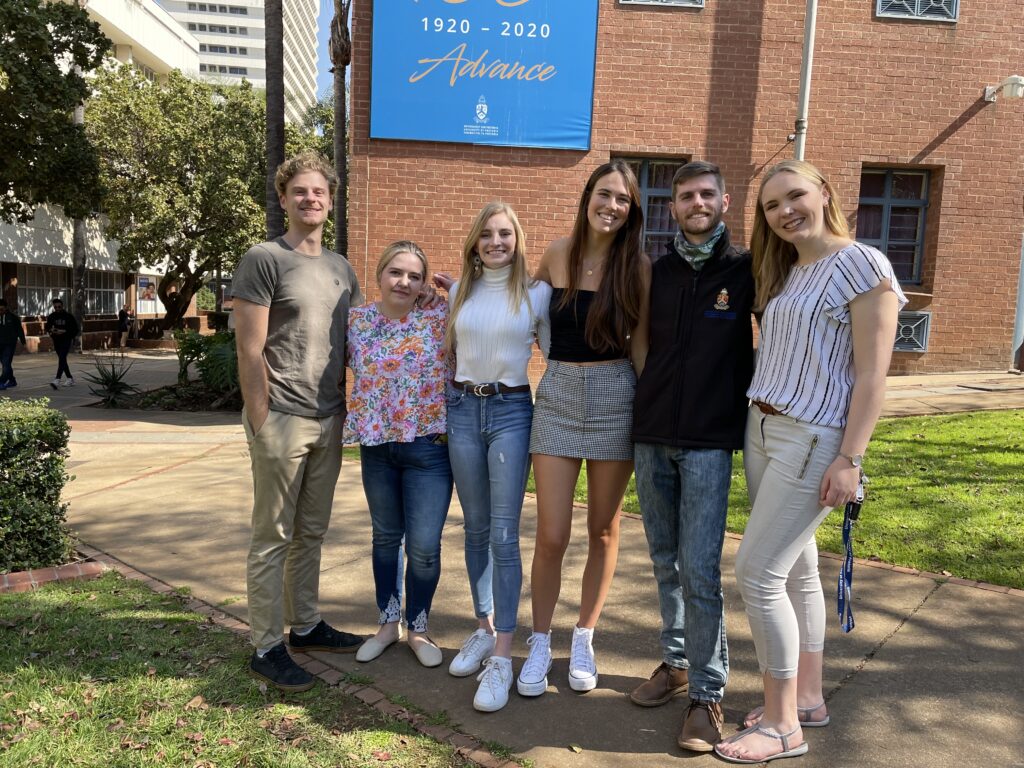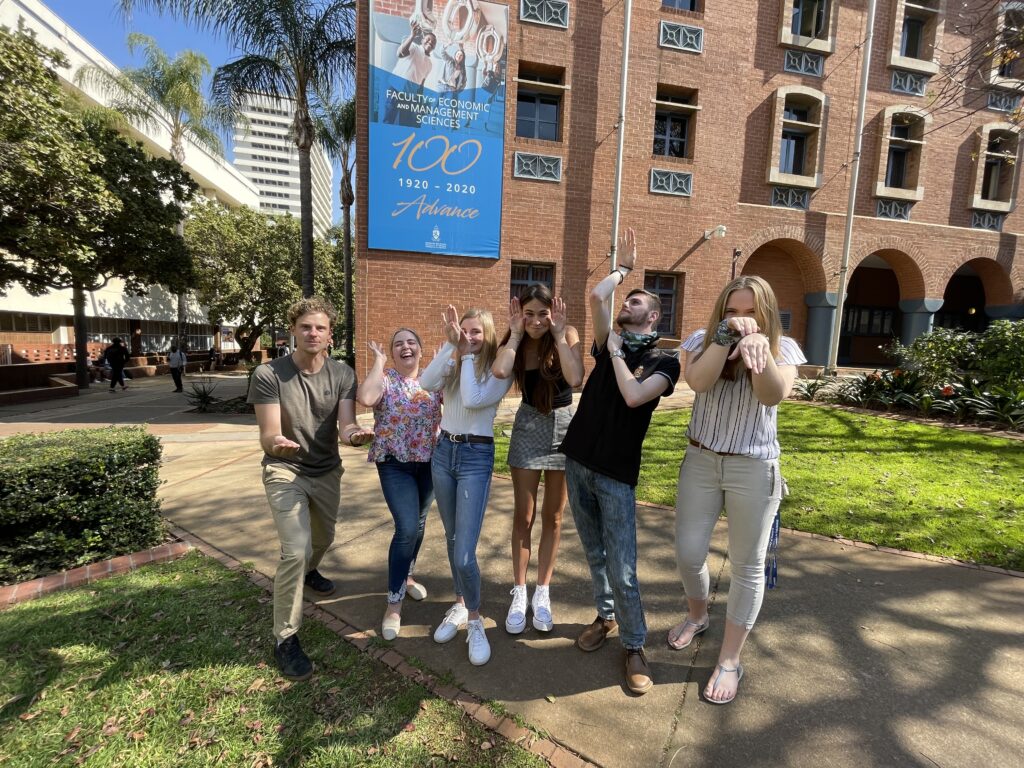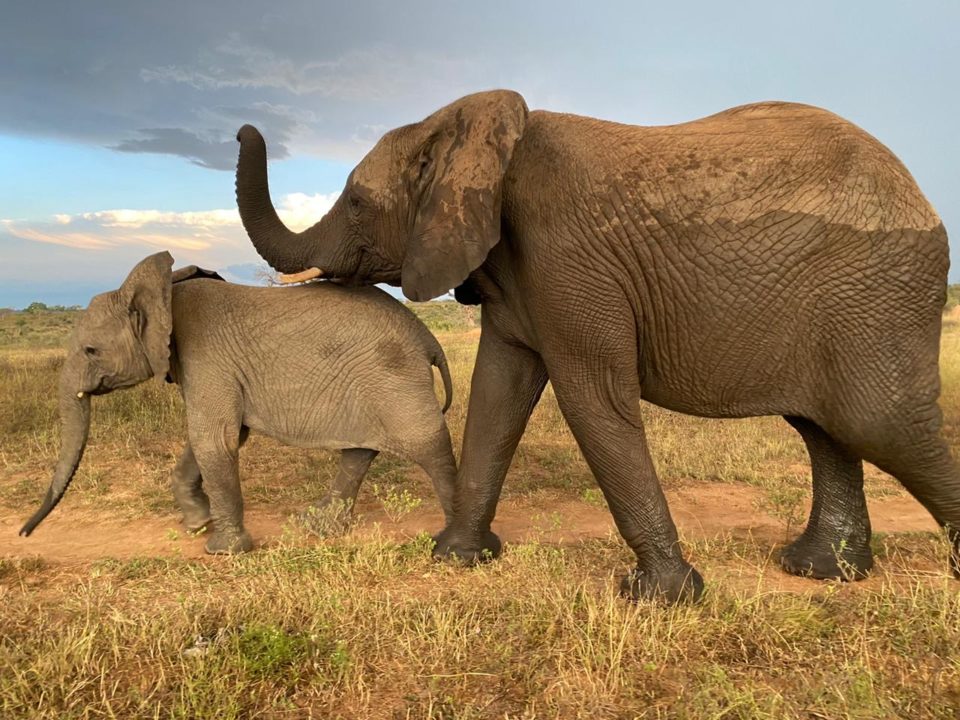At HERD, we believe that we have a responsibility to contribute to our community – both our local community and our broader community. One way in which we can contribute to our broader community is through education. In addition to sharing our knowledge through videos, blog posts, and social media posts, we have allowed individuals and organisations to do research through HERD. We also work with tertiary education institutions to give students the opportunity to learn, do research, and gain work experience. The educational value of our work reaches beyond just conservation, and is also useful for other fields of study. One such field may be an unexpected one: marketing.
Earlier this year, the students pursuing a BCom Honours degree in Marketing Management at the University of Pretoria did their final semester project on HERD. For the project, the students had to develop a marketing strategy for HERD. The project gave them the opportunity to learn about marketing for a non-profit organisation, and how it differs from marketing for for-profit companies. Before doing this project, all the clients that the students had worked with had been for-profit companies.
Read what the students had to say about the project and what they learned below.

On why the university gives students the opportunity to work with real companies and organisations:
“Many students finish their degree and expect to have work experience from the get-go, whereas at the University of Pretoria, we get to work with a whole different range of companies – NPOs, luxury brands, start-up brands. So when we leave the university, we have work experience and we can go and contribute to society. Like, I feel confident going into a job, knowing what I’m doing because of all the experience that we have got, from HERD and every other client that we’ve worked with.” – Chloe White
On what they first thought of HERD after receiving their project brief, as well as what they have since learned about HERD:
“Well, my first thought of HERD when we were reading the brief, was that I was really, really excited to be working with such a noble and real brand, with a serious, amazing mission statement. And I was also really, really excited to potentially see some elephants. What I have now learned about HERD, is… I learned how much an elephant eats every single day, right? And with global deforestation and urbanisation, you know, destroying their living environment, their habitats, organisations like HERD play a crucial role in their preservation and conservation.” – Matthew Askew
“So, I’ve learned firstly the amazing work that HERD does. You know, the fact that they are so involved in the community, in research. It’s all just… it’s an amazing organisation, and that they really value making a positive impact in the areas around them.” – Meagan de Lange
“What I learned from working with the HERD team, is that the work they do is indispensable, because no one is going to be that passionate about nature, unless we do something more about it.” – Martyn Austin
On what they have learned about marketing for a non-profit organisation:
“So, did I learn anything from being in an NPO? Definitely. HERD really made us sit down, do the research. And I just learned that you really have to think outside the box. You need to kind of take away your mindset from traditional marketing and think how do you market for a non-profit without set budgets and funds made available to you. So it was challenging, but it was exciting.” – Meagan de Lange
“So, when working with an NPO, and especially in terms of marketing, every cent counts. You need to make sure that if you are spending this much money on something, it has to have a proper return on investment. You can’t decide to now print a thousand flyers, and if you can’t justify that, then there’s no point in spending money on it. Because every rand counts.” – Martyn Austin
“I definitely found value in helping HERD from a student’s perspective, because I found that when you reach out to companies, it’s amazing to see how many of them are willing to give and willing to participate in conservation and in helping out companies like HERD that do a lot of good in the world. In terms of marketing, I’d just like to share more of the community stories. I thought when I delved into that they were really beautiful. And the impact that HERD has, not just on the lives of the elephants and on the animals, but also on the community, I thought was really extraordinary.” – Julie Brink
On what they have learned about conservation while working on the project:
“So, working with HERD has definitely allowed… has brought new perspective to conservation in South Africa for me. Because all of the work they do is not just about the elephants, it’s about upraising the community around them. And those efforts are priceless. And the work they do should be advertised far and wide because of how good it is.” – Martyn Austin
“After working with HERD, I can definitely say that my knowledge of conservation has definitely improved. I’ve realised that we are actually the ones that are responsible for elephants being preserved or conserved in the first place. So, organisations like HERD allow us to almost right the wrongs that we’ve done previously, and yeah, advance our knowledge.” – Matthew Askew
On the project in general:
“Having worked with so many clients this year, they’ve all been corporate, corporate, corporate. And now, having worked with an NPO, it just gives you that different view of life in general, that everything out there isn’t just about money. It’s about more than just that.” – Martyn Austin
“It was awesome working on this project, because we knew that we weren’t just creating a marketing campaign, we were also creating a campaign that could really bring a lot of good to the world. And that was amazing, that was an awesome motivation.” – Julie Brink
“Well, for the past three years, we have learned to prioritise the bottom line. And after having done this project, we have learned that money means nothing in a world where you can’t spend it. And we have to prioritise selling the intangible greater good.” – Matthew Askew
“Well, I feel like it gave us great purpose, because we obviously know that elephants are one of the most endangered species, so I just thought it was such a beautiful thing to work on and I had such fun working on it.” – Jenna Moll
“It was an awesome shift to work with a non-profit. It was unlike any of our previous clients. And it was so inspiring, working with an organisation that really focuses on community impact and making a positive impact for the greater good.” – Meagan de Lange




 Comment
Comment







